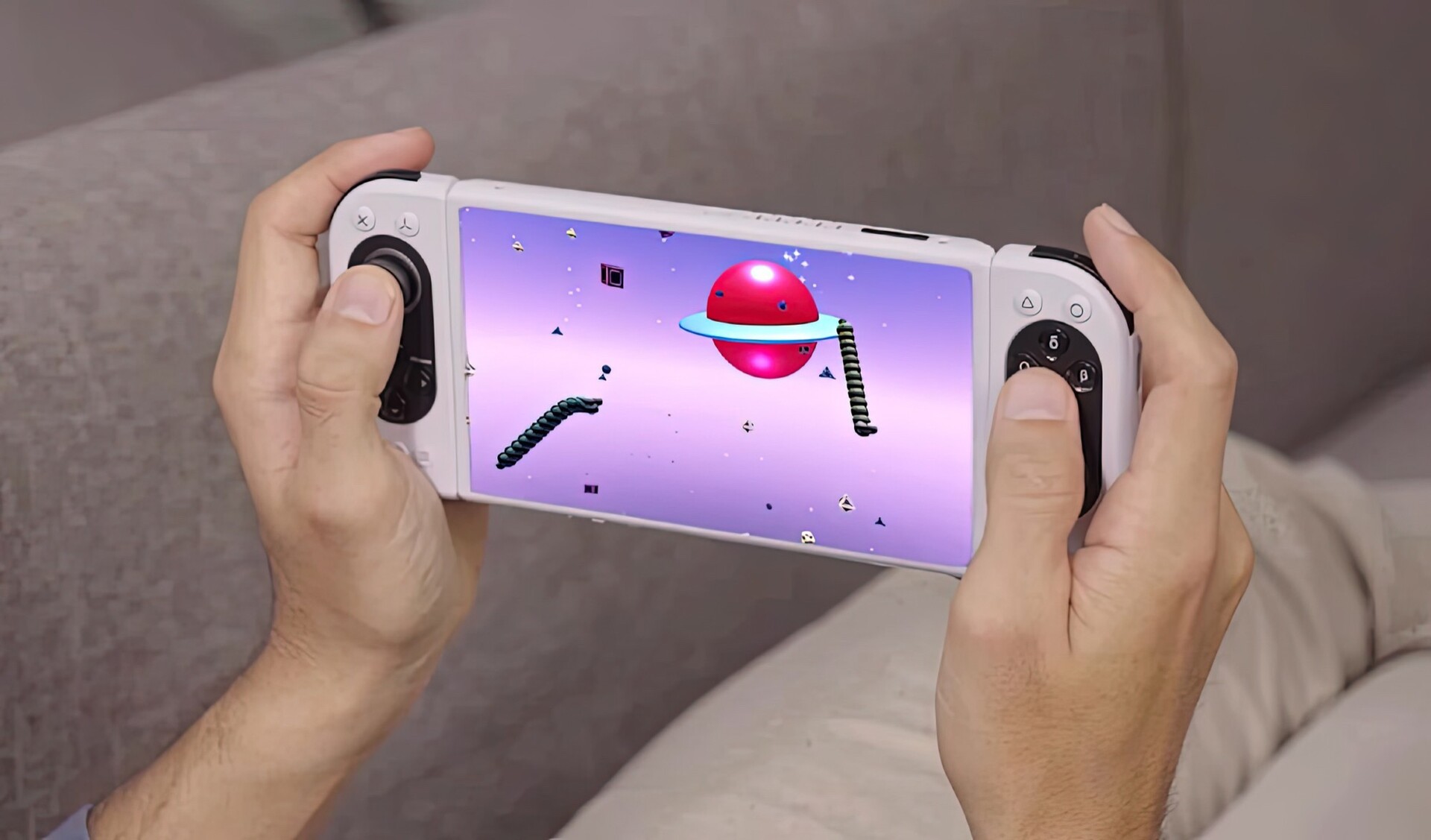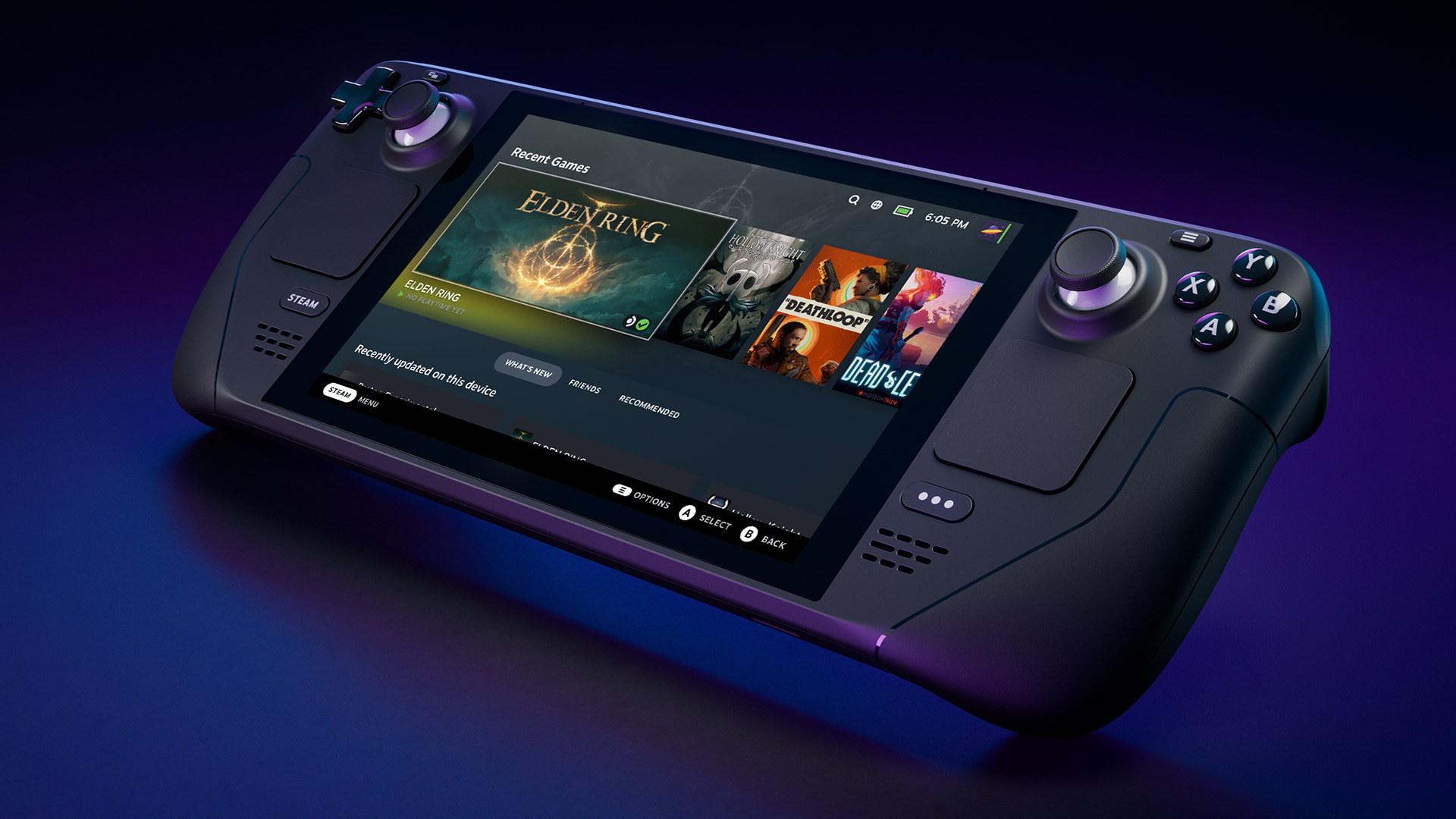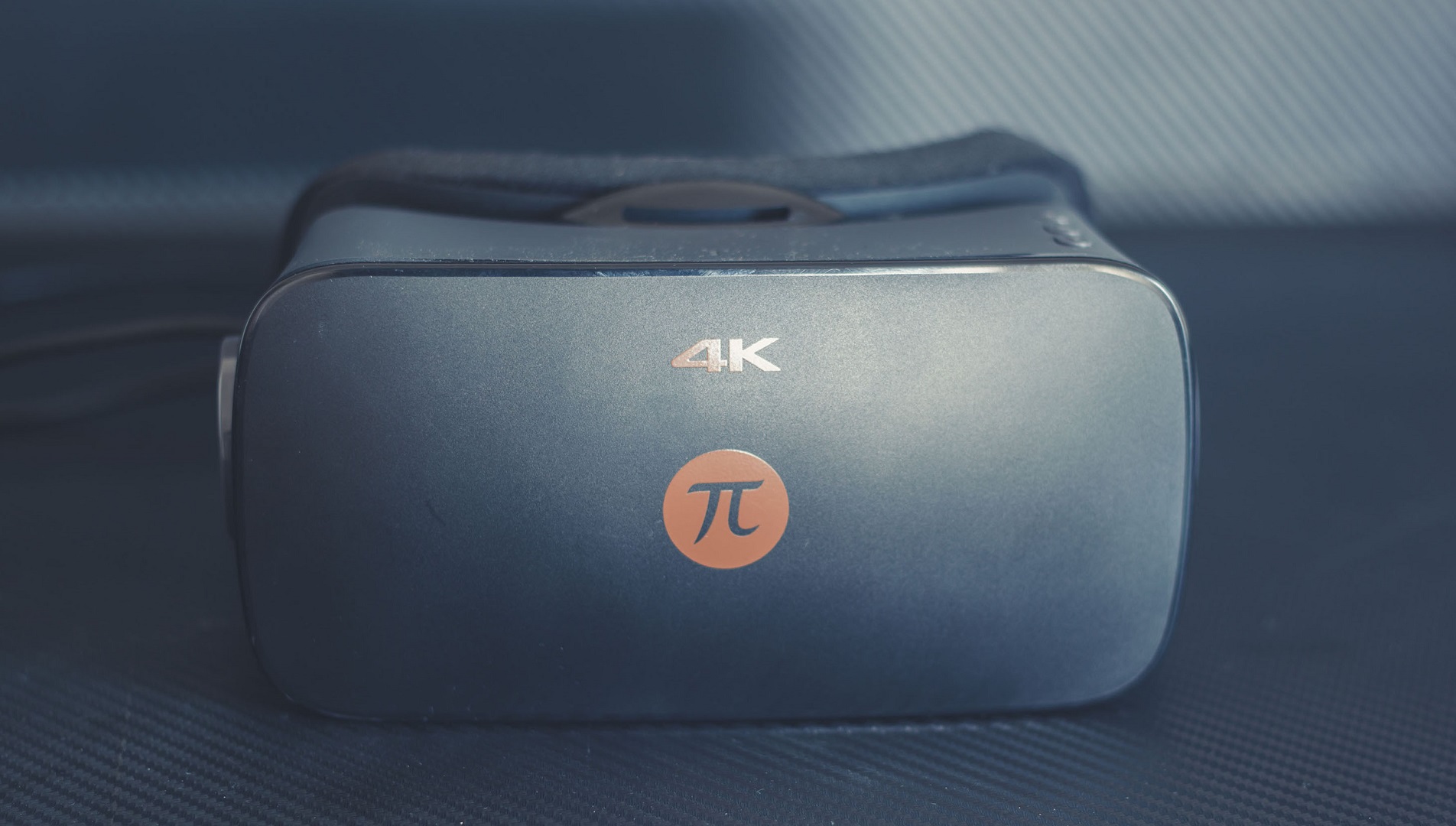
What can we truly expect of Pimax’s new handheld? First, we should take a look back to understand more about the handheld industry in general.
The portable gaming market has gone through many different phases, first being dominated by Nintendo from the late 80’s to the mid 2000’s, finding a competitor in Sony’s PSP.
The next competition between Nintendo and Sony did not last for long, as the Nintendo 3DS found much more success than the PS Vita.
Afterwards, Nintendo tried their hand at the Wii U, a middle ground between a console and handhelds. It did not sell well, which eventually led to them making the truly hybrid Nintendo Switch.
While this was going on, many other companies were also trying their hand at portables, some of the most notable being the bootleg 9000 in 1 handhelds, which actually just ran 9000 versions of Tetris.
Which leads us to some of the most recent endeavors made by smaller companies, such as the RetroGame RS-97 released in 2017 by Anbernic. It isn’t exactly super powerful, even struggling a bit to run Super Nintendo games, but it marked the beginning of a renaissance for handheld gaming.
The release of the RetroGame opened the floodgates to many other handheld products, making companies like Anbernic and GPD somewhat responsible for the Steam Deck‘s existence.
This in turn shed even more light into the handheld gaming market, as it showed the general public that portable PC gaming could be a reality.

Now that we are caught up, let’s go back to Pimax. Pimax released their first product in 2016, the Pimax 4k, which is a Virtual Reality headset meant to compete with Oculus and HTC Vive.
The device launched to somewhat mixed Amazon reviews and reportedly saw problems that range from dead pixels to lag and even screen tearing.
This seems to be a trend with their next products as well, with many of them struggling to achieve anything above a 3.5 stars rating on Amazon.

The Kickstarter page for the Pimax Portal was launched on November 15th, 2022, reaching more than half of its funding goal on the same day.
The first part of the Kickstarter’s description links to Pimax’s site, which is blocked by browsers with a large security warning.
There is a Reddit post from 4 years ago talking about this issue, so it’s unknown if this has been an issue for the past 4 years or if its a recurring issue that pops up every once in a while, regardless, it does not make for a good first impression.
Right below it there is a short video by Taki Udon, a prominent Youtuber when it comes to the handheld scene, who seems to enjoy the product:
Taki has a good track record when it comes to reviewing handhelds and is seen as one of the biggest names when it comes to portable devices, usually getting early access to units before they are released to the public. Taki also announced an upcoming review which will give a more in-depth look at the device as a whole.
The Kickstarter description is quite long and somewhat unorganized, being a mishmash of Discord and Reddit screenshots alongside some presentable diagrams of the device’s components and functions.
Pimax went on two Roadshows, one in Berlin and the other in Orlando, which is where the user reviews seem to come from. Their products seem to follow this trend of being praised by reviewers but receiving mixed scores from the public, making these Roadshows where people can interact with the handheld vital for the product’s reputation.
Something else to note is the Media Review part of the description, which mentions a number of articles by various news sites.
The problem is that PC Gamer, Gaming Trend and Dexerto, for example, do not mention going to these Roadshows at all, meaning that their coverage of the handheld and announcement livestream got roped along as a review, despite the fact that the writers for those articles may have never stood in the same room as the handheld.
The device has many different versions, with the most complete one seeming to include the handheld itself, a dock, and a VR headset.
The Portal is definitely an ambitious product, even featuring cameras on its back for body tracking in VR. The latter of which is a worrying fact considering China’s history with malware and invasion of privacy.
Furthermore, the Portal is an Android device, meaning that while it cannot be a direct competitor to the Steam Deck, it can have some success among its niche of Android handheld devices.
Pimax will certainly have to work hard to make all the promised features in this device come true, and only when it releases we will know for sure.